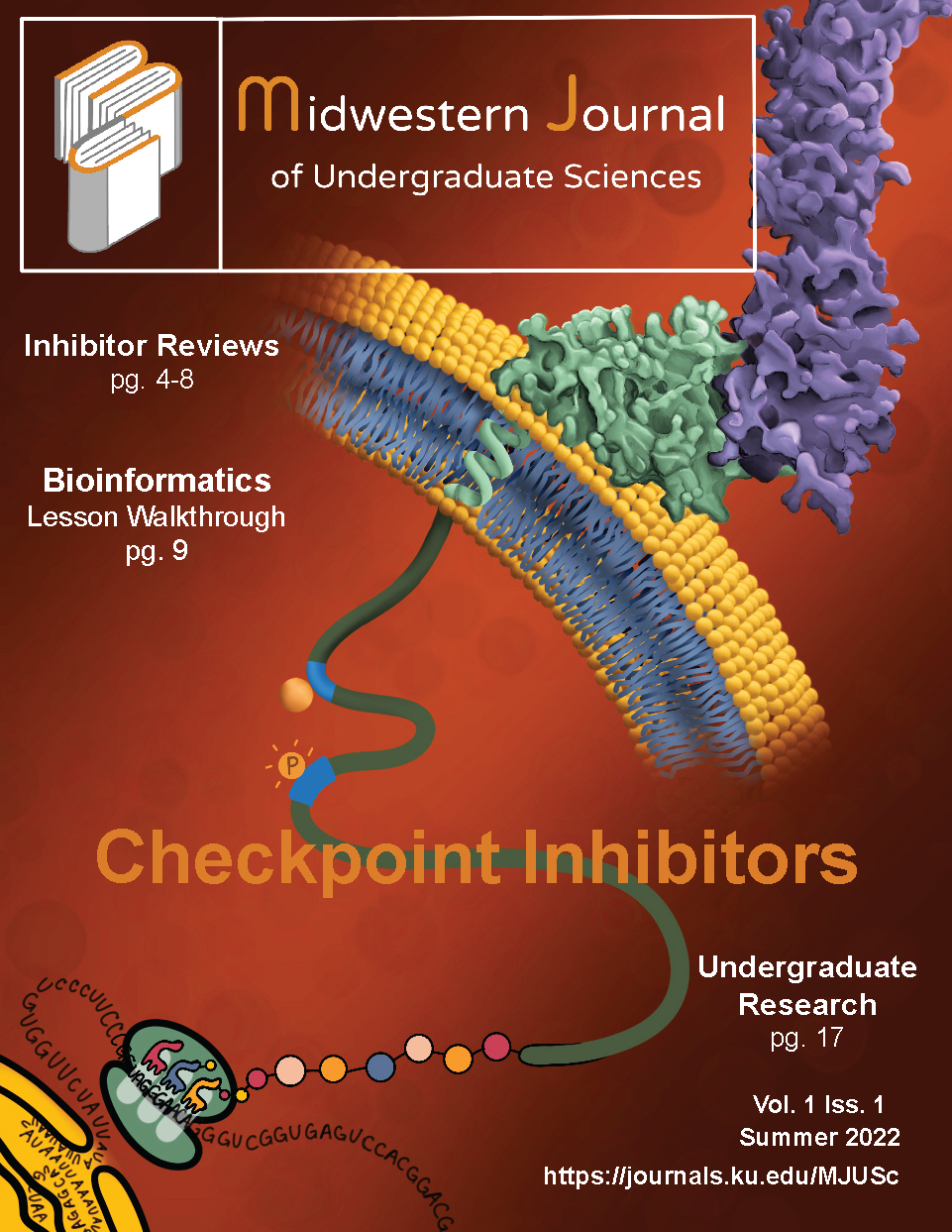The Inhibitory Effect of CBD on Proinflammatory Cytokine, IL-6, in LPS-Mediated Inflamed THP-1 Differentiated Macrophage Cells
DOI :
https://doi.org/10.17161/mjusc.v1i1.18562Mots-clés :
CBD, Macrophage, THP-1, IL-6, Rheumatoid arthritis, CannabidiolRésumé
About 1.5 million Americans suffer from Rheumatoid Arthritis (RA), an autoimmune, chronic inflammatory disease with no cure. This is a condition in which the immune system mistakenly attacks healthy cells, leaving the body in a constant state of inflammation. A major characteristic of RA is unresolved inflammation specifically in the joints of the hands, wrists, and knees. People who have RA suffer from a lot of pain, experience bone, and joint deformity, and have a loss of function in the targeted areas. In patients with RA, the immune system is not working properly, and the immune responses are unregulated. Due to being an autoimmune disorder, our B cells are presenting healthy cells with autoantigens that trigger multiple signaling pathways that lead to the release of cytokines. A primary cytokine, IL-6, plays a role in the pathogenesis of RA due to its pro-inflammatory effects. IL-6 causes the release of acute phase proteins which cause fevers, iron deficiency, fatigue, fat and muscle loss, anorexia, and weakness. One way to treat RA is to target the inflammation directly by interrupting cytokine release. In this work, the effect of CBD was evaluated to determine if its application has the potential to decrease IL-6 expression/release by inflamed cells. Macrophages derived from THP-1 Cells cultured with PMA were treated with LPS to model inflammation in vitro and the expression of IL-6 was determined by ELISA to correlate in a dose-dependent manner to LPS.
Téléchargements
Publiée
Numéro
Rubrique
Licence

Ce travail est disponible sous licence Creative Commons Attribution - Pas d’Utilisation Commerciale 4.0 International.
© The Author(s)
This work is licensed under a Creative Commons Attribution-NonCommercial 4.0 International license.

